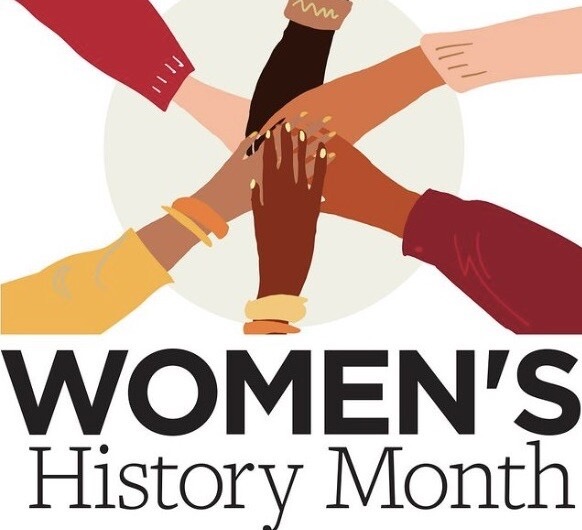
I was raised in a Christian home, and my commitment to faith occurred as an adult. This profound spiritual awakening coincided with my role in management at a Fortune 100 company, fundamentally transforming my approach to leadership. It empowered me to confront inappropriate comments and behavior and advocate for inclusivity and fairness, especially in discussions around race and ethnicity that I too often shrouded in silence or discomfort by walking away in silence.
My commitment to Ethical Leadership extended beyond my team, and I was often vocal in challenging systemic biases, particularly in compensation and career advancement for people of color. My advocacy for equitable pay raises and promotional opportunities caused me to challenge a colleague who wanted to keep his Indian employees on a technical path within our Information Technology department instead of offering them a managerial path that would afford them more promotional opportunities and larger salaries.
I will admit that confronting my colleagues regarding inappropriate comments or jokes and questioning the candidates that they felt were management materials on their team caused some friction. In truth, I would only suggest this path for some.
However, this path was challenging. Advocating for change, confronting prejudice, and pushing for a more inclusive professional environment created friction. Yet, through years of consistent performance and a commitment to ethical leadership, I earned the credibility needed to make a tangible impact.
#TruthTelling When offering critical feedback to a colleague, having a proven record is helpful – your team is already meeting or surpassing the expected benchmarks in their evaluations. Also, it’s helpful to have established a reputation for exceeding your manager’s expectations regarding your leadership qualities and your effectiveness in developing your team’s skills.
As we commemorate Women’s History Month, might we start confronting the realities of the wage gap that persists across racial and ethnic lines:
- White Women Earn approximately 79 cents for every dollar earned by white men.
- Black or African American Women Typically earn around 62 cents for every dollar earned by white men.
- Asian Women: Earnings vary widely by ethnicity, with an average of about 90 cents for every dollar white men earn. However, Vietnamese American and Korean American women typically earn less than white men and may also earn less on average than the broader Asian American woman category. While Indian American women, on average, tend to earn more than white men.
- Hispanic or Latina Women Face one of the most significant wage gaps, earning roughly 54 cents for every dollar earned by white men.
- Native American Women: Available studies suggest they earn approximately 57 cents for every dollar white men earn.
In the spirit of Audre Lorde, who wisely noted, “I am not free while any woman is unfree, even when her shackles are very different from my own,” let’s use this month to not only honor the Sheroes of the past but also to forge a future where we uplift every woman. This year, we can focus on transforming lives, communities, and generations—building a world where equity and respect are not aspirations but realities.
As we reflect on the contributions of women throughout history, we can commit to being agents of change in our spheres of influence. We can move closer to a world where every woman’s potential is recognized, valued, and equitably rewarded.
- In honor of Women’s History Month 2024, what actionable steps can we take to address and close the wage gap for women of all racial and ethnic backgrounds within our industries?
- Reflecting on Audre Lorde’s vision, ‘I am not free while any woman is unfree, even when her shackles are very different from my own,’ how can we as professionals commit to creating a more inclusive and equitable workplace for all women?



